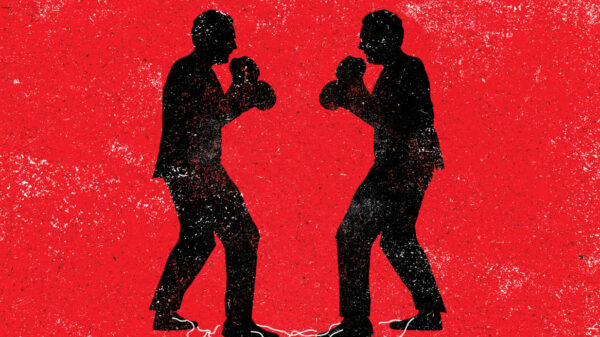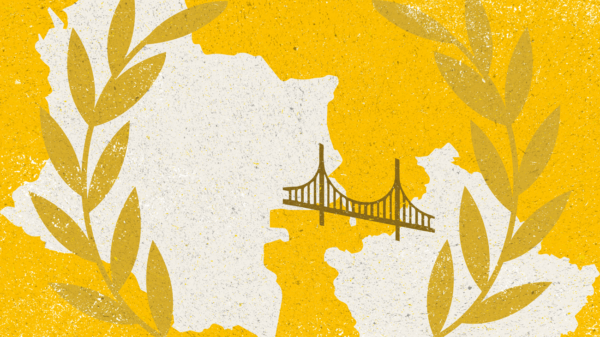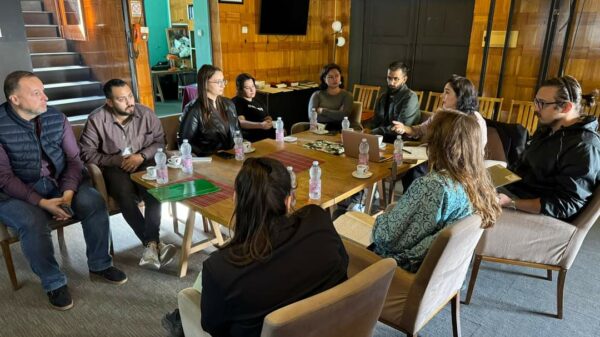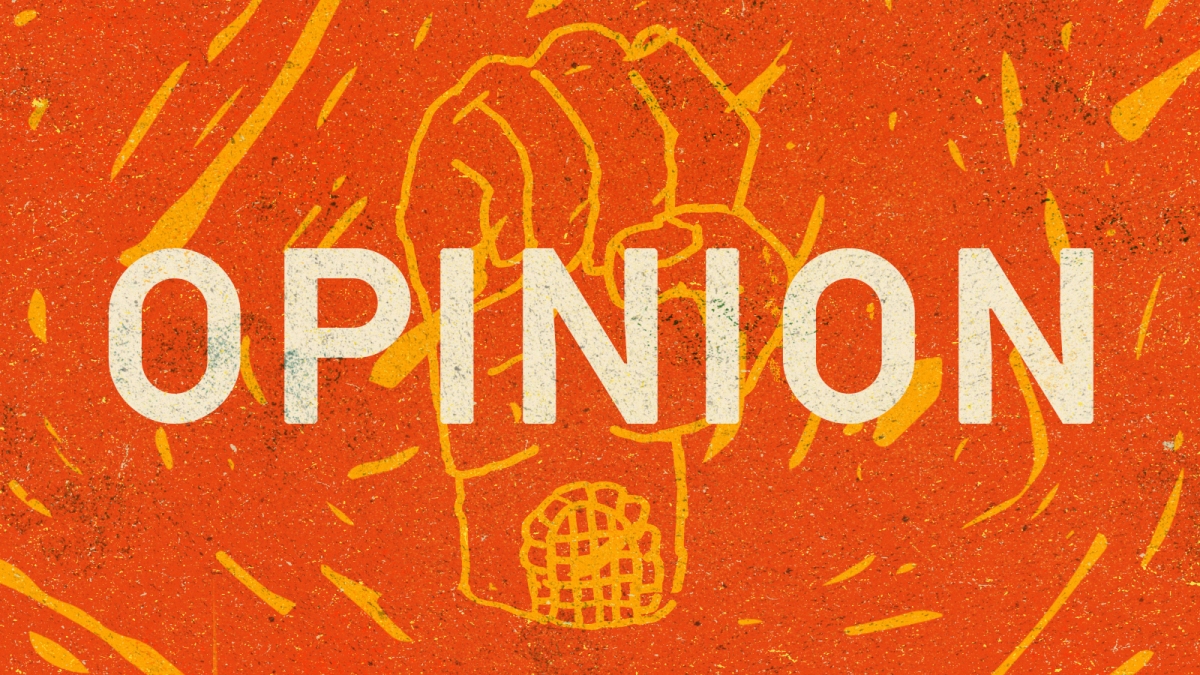Women in Kosovo have witnessed rapid progress across many spheres of society. This is crucial for a post-war society that is deeply rooted in patriarchal values and navigating the challenges of a developing economy.
There have been many steps forward for Kosovar women. There have been two women presidents; Kosovo women have won two Olympic Gold Judo medals, and a Kosovar woman has directed an Oscar-nominated film.
However, despite these achievements. The average woman in Kosovo continues to face violence, discrimination and restrictions.
Recently, another case of femicide shocked the country. Liridona Ademaj was murdered in November, with her husband as the main suspect. She is now the 54th woman killed since 2010. Despite this high number, only one man has been sentenced to life for killing a woman.
Legally there is no reason a woman shouldn’t be protected in Kosovo. However, the implementation of those laws is another question entirely.
The shooting of a pregnant woman, last year just days before she was due to give birth, despite having a protective order against her husband, underscores the lack of accountability within both police and judiciary in failing to protect women.
Recently, Kosovo passed a new law on violence against women and domestic violence, but it still hasn’t been published in the Official Gazette, delaying its implementation.
Several reports have also come out recently putting a spotlight on women’s rights, including the recent Council of Europe report that noted that not only had violence against women gone up, it had become more dynamic and increasingly fatal.
In October, Kosovo was designated by Georgetown Institute for Women, Peace and Security as the second worst country in Europe for women. Globally, Kosovo is ranked 100 out of 177 countries.
Women in Kosovo face severe challenges including high levels of unemployment, discrimination and sexual harassment.
Sexual assaults disproportionately affect girls. According to Kosovo’s Institute of Forensics, in 2021 over 67% of reported cases of sexual assaults and rapes in Kosovo concerned girls between the ages of 11-16.
Women also face regular violent attacks on social media. Research from the NGO Democracy for Development showed that in July 2023 misogyny and other violent attacks against women were widespread throughout social media networks.
One of the anomalies of newly won rights or more visibility with any marginalized group is that there will be a backlash against them.
Unlike Serbia and Croatia, the women’s movement in Kosovo moved at a remarkably slower speed. Post-war Kosovo society distinctly played catch up moving quickly with the help of new laws and support from the international community.
This helped give new opportunities and work to some women who were lucky enough to take advantage. At the same time, this also encouraged anger and pushback from many who see the increased visibility of women as a move away from traditional values.
Reactionary movements are commonplace and some might say inevitable when it comes to marginalized groups asserting their rights.
The author, Susan Faludi, wrote a groundbreaking book titled “Backlash” documenting the reactionary movement against the 70s feminist movement in the US, which noted, among other things, that since the feminists “had won” (legally speaking) there was no need to give women any more rights, especially as equality made them miserable.
However, there are voices within Kosovo who still claim that feminism is a product of international money and reject the idea of gender equality.
And now many women who speak up are accused of being anti-American, Communist or even pro-Russian. Ultimately, by accusing - particularly Albanian - feminists of not being proper representatives of their community, simply brings another layer of nationalism and politicization against women.
These kinds of accusations are often seen in communities in the world where women are being asked to choose between national or ethnic identity over women’s rights.
Whether viewed as a backlash or an indication of the existing challenges that Kosovo women still face, the answers lie within the diverse voices of Kosovo women across all communities.
Ultimately, advancing women's rights demands ongoing collaboration across ethnic lines, increased financial support for women's NGOs and shelters, and a commitment to holding institutions accountable for both their shortcomings and the effective implementation of the law.
Furthermore, substantial resources should be allocated to educate men and boys on critical issues such as consent, street harassment, abuse, and the societal construction of gender roles. Gender equality training programs need to emphasize the role that men play in perpetuating violence and discrimination.
Finally, sexual education classes should be mandatory for both sexes throughout primary, middle, and secondary school, recognizing that posters, campaigns, and marches are not enough on their own to make the changes needed.




























































